What do Fortune 500 brands know that you don’t? They know who to trust with SEO.
When the stakes are high and the websites are massive, these companies turn to experts—enterprise SEO agencies that can handle the scale, complexity, and speed of global search.
In this guide, we’ve listed 10 of the most trusted enterprise SEO agencies. If your brand is ready for serious growth, this is where to start.
What is Enterprise SEO and How is it Different from Traditional SEO
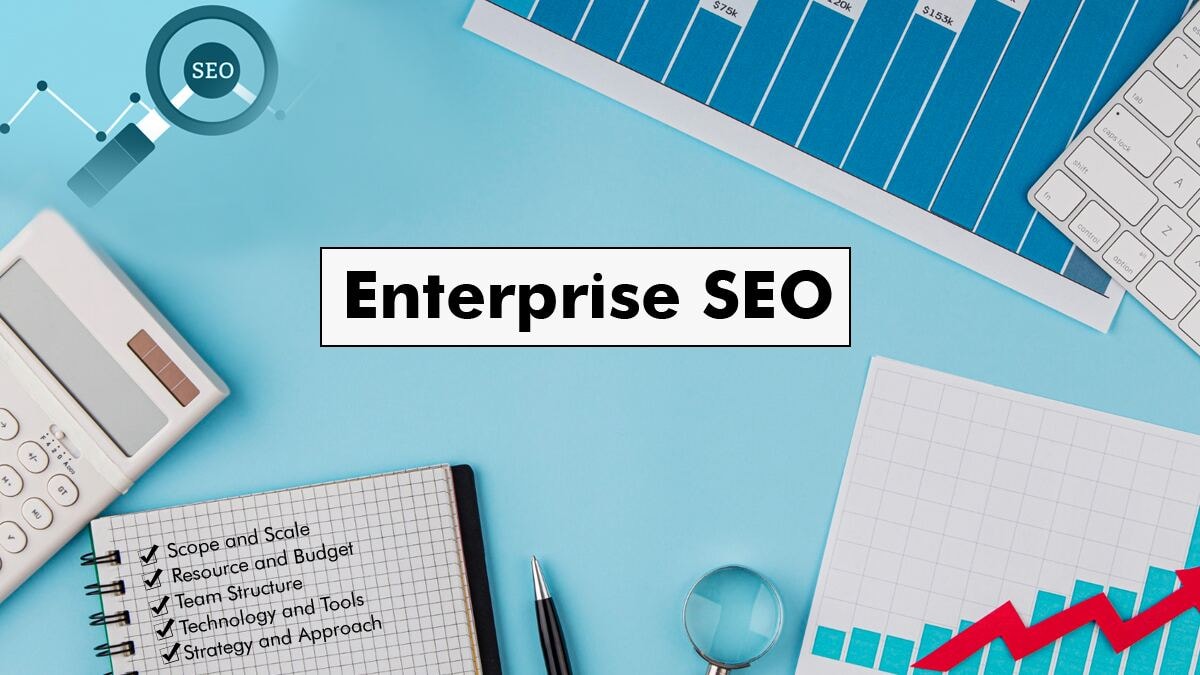
Enterprise SEO is the process of managing and optimizing large-scale websites—often with thousands of pages—for better search visibility. It focuses on strategy, structure, and scalability to drive long-term growth for big brands.
Traditional SEO Vs. Enterprise SEO

Traditional SEO and enterprise SEO share the same goal—better search rankings—but they work at very different scales. While traditional SEO is built for small to medium sites, enterprise SEO tackles complex websites with deeper technical and strategic needs.
Enterprise SEO requires broader thinking, deeper tools, and a system built for scale—it’s SEO, but upgraded for enterprise-level growth.
8 Key Challenges Enterprise Companies Face with SEO
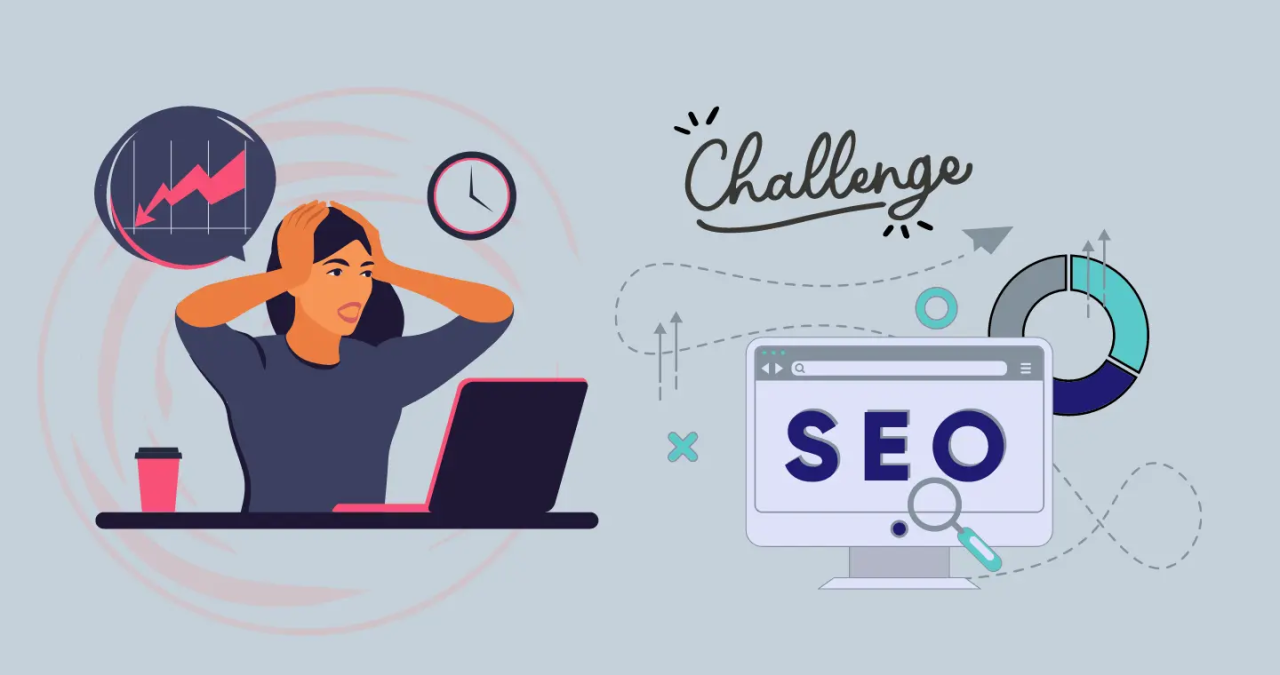
Even with large teams and resources, enterprise companies struggle with SEO in unique ways. These challenges are different from what smaller businesses face and often need enterprise-level SEO strategies and tools to manage them.
1. Siloed Teams and Poor Cross‑Team Communication
In enterprise businesses, multiple teams often handle different parts of SEO—content, development, legal, and product. But without proper communication:
- SEO initiatives become disconnected from business objectives.
- Teams may unknowingly reverse each other’s work.
- SEO tasks like internal links or content updates can get delayed.
To fix this, enterprise SEO teams need clear workflows, shared dashboards, and tight coordination. Enterprise SEO platforms also help sync efforts across departments.
2. Managing Complex Websites and Site Architecture
Large enterprise websites have thousands of web pages, products, or regional versions. This can cause issues like:
- Broken internal links and duplicate content.
- Complex redirects and poor URL structure.
- Hard-to-crawl architecture that reduces search engine visibility.
An enterprise SEO company or internal technical SEO expert should audit site health regularly. Enterprise SEO tools like Screaming Frog or DeepCrawl help spot problems early.
3. Scaling Content Marketing Across Verticals
With multiple product lines or services, scaling content marketing is tough. Each vertical needs:
- Its own content strategy and keyword research.
- Unique blog posts, landing pages, or support articles.
- Tailored enterprise SEO solutions for its target audience.
Content creation must align with both brand messaging and SEO goals. Marketing automation and SEO platforms help streamline this at scale.
4. Technical Debt, Migrations, and URL Chaos
Over time, many enterprise sites collect layers of technical debt—old pages, redirects, or outdated platforms. When sites migrate:
- URLs break, SEO rankings drop, and duplicate content issues increase.
- Technical SEO issues slow down organic traffic recovery.
- Maintaining internal links and tracking changes becomes time-consuming.
Enterprise SEO services must include strong pre-migration planning, use of enterprise SEO tools, and close post-migration tracking.
5. Slow Indexing and Crawl Budget Issues
Enterprise-level websites often face crawl budget limits from search engines. If important pages aren't crawled or indexed:
- Organic search rankings drop.
- Product launches or updates go unnoticed in search results.
- Search engine algorithms ignore key changes.
Using tools like Google Search Console, technical SEO audits, and internal linking strategies can guide crawlers to key pages.
6. Scaling Link Building and Partnership Outreach
Building backlinks at the enterprise level takes more effort. Challenges include:
- Securing high quality backlinks across multiple domains.
- Tracking outreach and measuring link value.
- Avoiding spammy tactics while improving search engine rankings.
Enterprise SEO agencies often manage this using digital PR, competitor analysis, and ongoing off-page SEO efforts.
7. Measuring True Business Impact and ROI
Traditional SEO metrics don’t always show value to leadership. Enterprise clients want to see:
- How SEO services support core business objectives.
- Revenue growth from organic traffic.
- Insights from tools like Google Analytics or BI dashboards.
Connecting SEO success to business results helps secure ongoing support and budget.
8. Governance, Workflows, and Change Control Systems
Enterprise SEO differs because changes require multiple approvals. You can't update a meta tag without:
- Legal, branding, or IT team sign-offs.
- Testing in staging before going live.
- Coordination with the digital marketing team.
That’s why a tailored enterprise SEO strategy should include defined workflows, governance tools, and SEO change tracking. This ensures that SEO changes align with enterprise environment rules.
Top Enterprise SEO Agencies in 2025
These 10 enterprise SEO agencies are trusted by large brands for handling complex websites, deep strategies, and long-term SEO growth. Each brings something unique to the table, from content leadership to tech-heavy solutions.
1. Siege Media
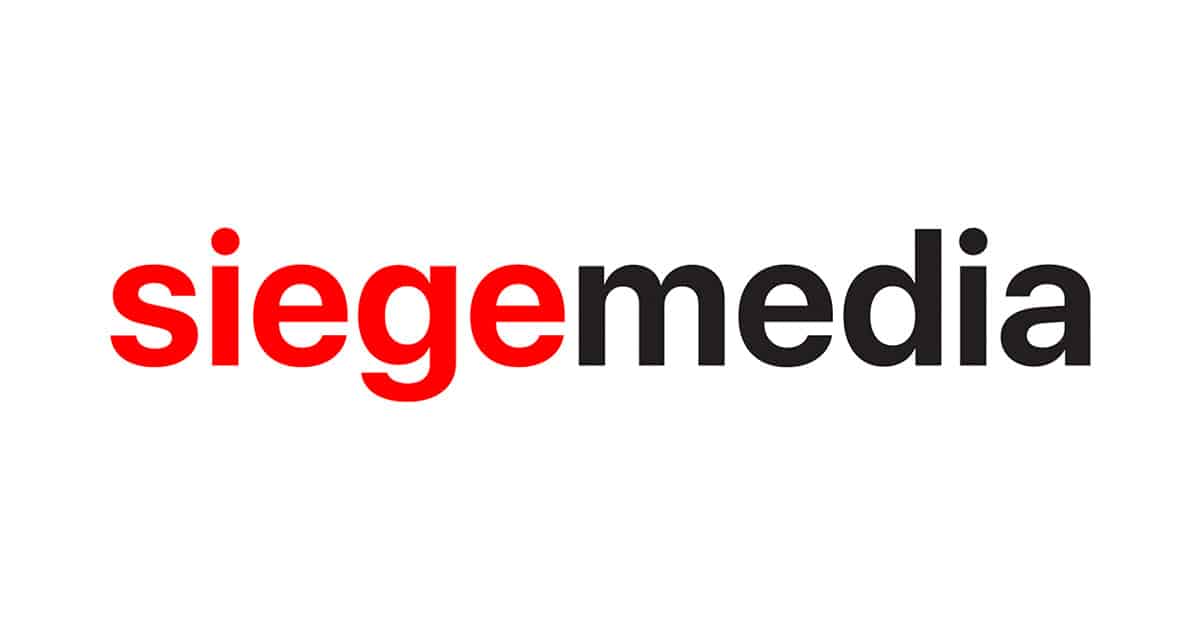
Siege Media is known for using high-quality content and links to grow organic traffic for big brands.
Features
- Content-led SEO approach
- Strong link building processes
- In-house creative and writing teams
- Focused on organic traffic growth
Price: Starts around $8,000/month
Best for: Brands that want content-driven SEO at scale
2. Straight North
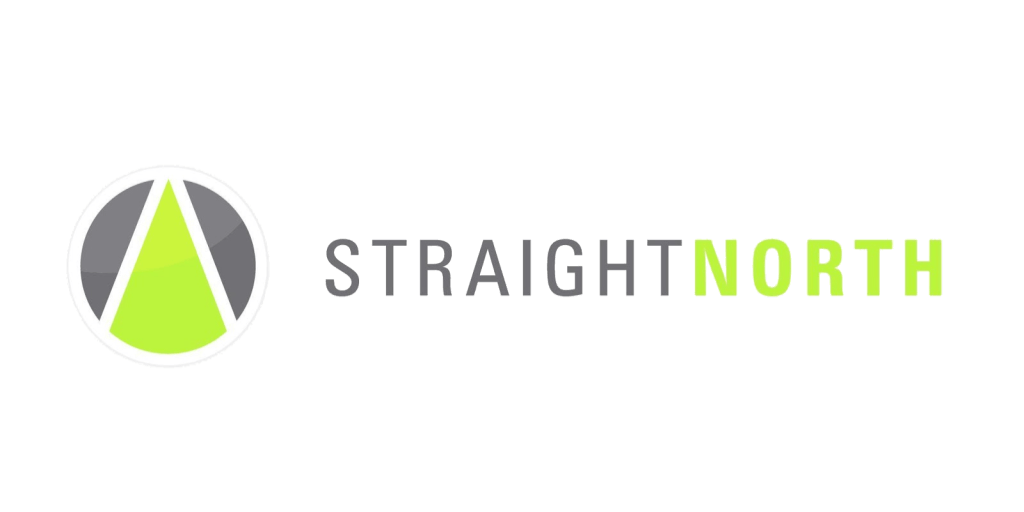
Straight North delivers lead-focused SEO services with clear reporting and full campaign tracking.
Features
- Full-service SEO with analytics integration
- Keyword research and site optimization
- Transparent monthly reporting
- Conversion tracking built-in
Price: Starts at $1,500/month; typical range is $4,000–$8,000
Best for: Lead generation through search engine optimization
3. Seer Interactive

Seer uses data and analytics to guide every SEO move, ideal for enterprise companies that rely on insights.
Features
- Data-heavy SEO planning
- Content and paid integration
- Custom dashboards and analytics
- Strong use of enterprise SEO tools
Price: Custom pricing
Best for: Enterprises focused on data and actionable insights
4. 97th Floor

97th Floor mixes creativity with SEO. Their campaigns are built like marketing stories, not just keyword lists.
Features
- SEO mixed with digital storytelling
- Multimedia and video content support
- Technical SEO for enterprise websites
- Custom-built SEO campaigns
Price: Custom pricing
Best for: Brands needing SEO with creativity and impact
5. Terakeet

Terakeet helps large companies grow trust and search presence through scalable outreach and site strategy.
Features
- Focus on authority and search visibility
- Scalable link building
- Deep website audits and optimization
- SEO aligned with business objectives
Price: Custom pricing
Best for: Reputation-driven enterprise SEO efforts
6. Directive Consulting

Directive is ideal for B2B and SaaS brands looking to drive conversions and qualified leads through SEO.
Features
- SEO + paid strategy blend
- SaaS and tech brand focus
- Conversion-based content marketing
- Sitewide technical SEO
Price: Custom pricing
Best for: B2B and SaaS enterprise companies
7. iPullRank
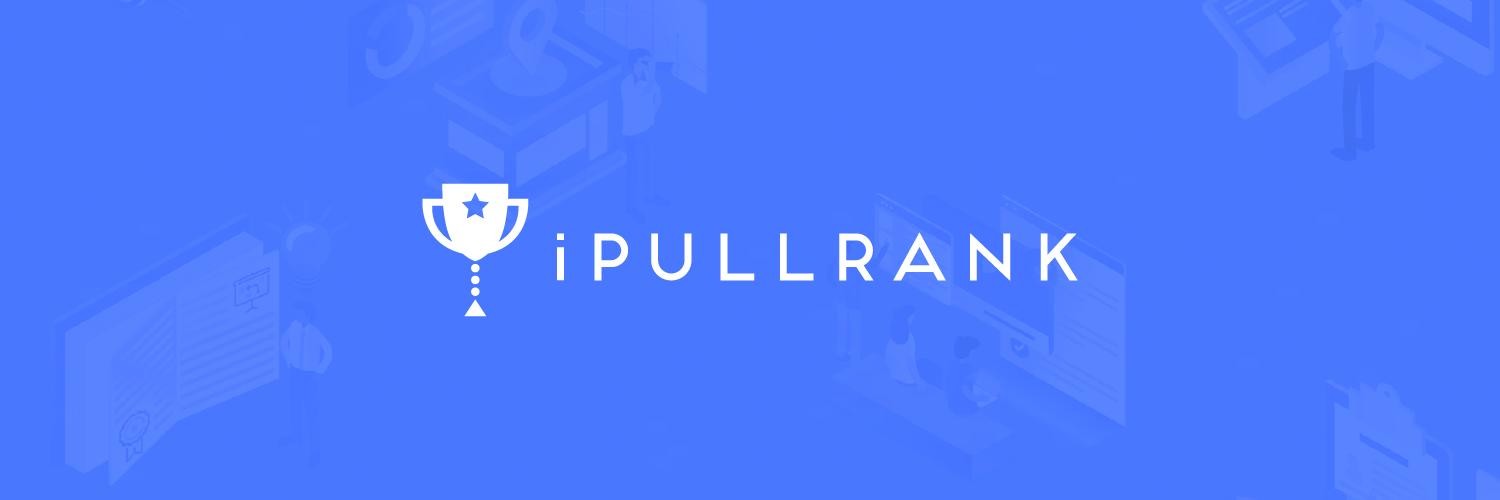
iPullRank uses AI, automation, and deep technical SEO to support large, complex enterprise websites.
Features
- Focus on complex SEO challenges
- Uses automation and AI insights
- Strong technical audits and fixes
- Experience with multiple domains
Price: Custom pricing
Best for: Tech-heavy enterprise websites with complex architecture
8. Graphite
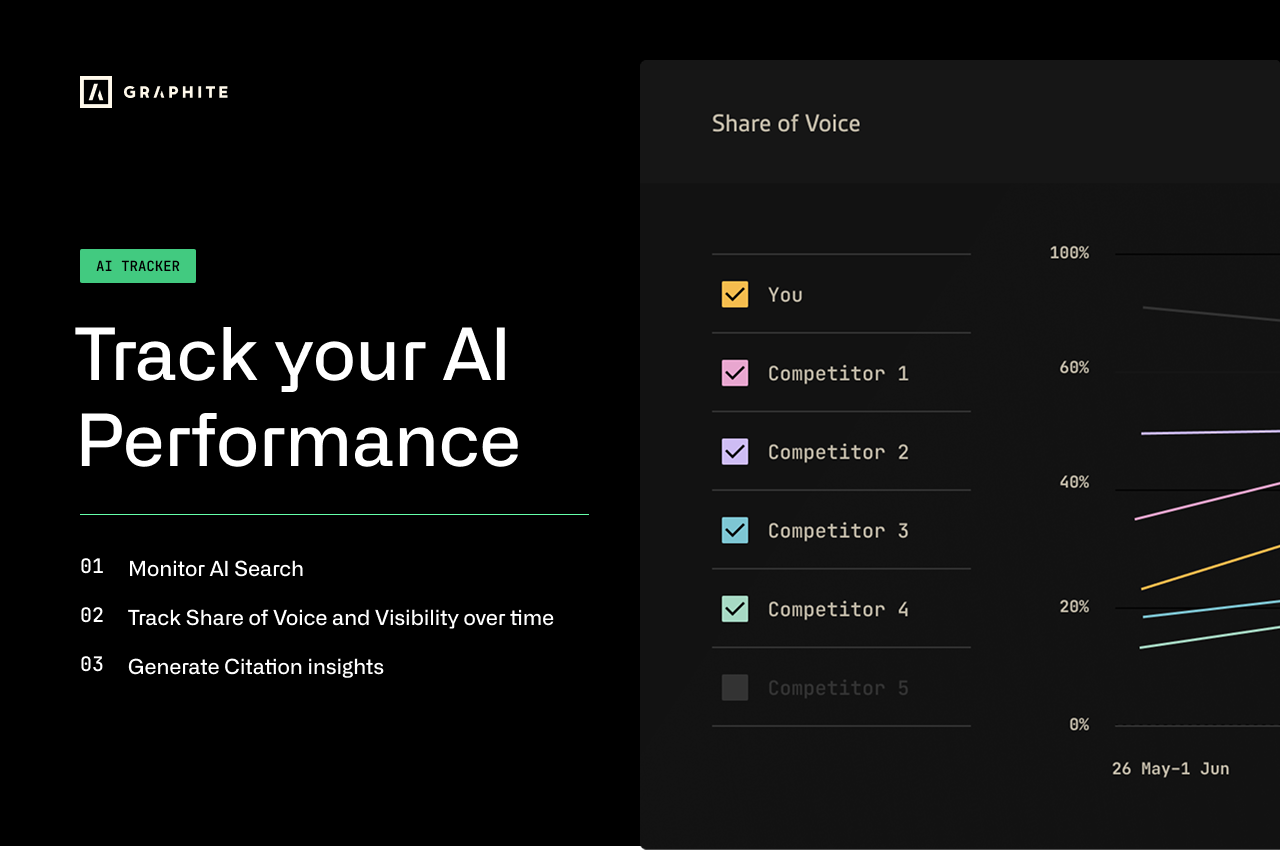
Graphite blends SEO with brand storytelling, helping large companies grow without losing voice or tone.
Features
- Brand-first content creation
- Scalable SEO execution
- UX and CRO integrated into strategy
- Strong content optimization processes
Price: Custom pricing
Best for: Brand-conscious companies needing SEO at scale
9. Ignite Visibility

Ignite Visibility brings together SEO, local search, and digital marketing to cover all enterprise needs.
Features
- Local and national SEO services
- Technical SEO and audits
- Focus on search engine rankings and traffic
- Enterprise SEO platforms and reporting
Price: Custom pricing
Best for: Enterprise clients needing cross-channel SEO support
10. Big Leap
Big Leap builds SEO success by focusing on long-term trust signals, content growth, and technical fixes.
Features
- Content strategy and link building
- Strong focus on organic traffic
- SEO tools and campaign planning
- Help with ecommerce sites and large brands
Price: Custom pricing
Best for: Businesses needing SEO growth without losing brand voice
Steps to Choose the Right SEO Services or SEO Platform for Your Enterprise

1. Identify Your Enterprise SEO Goals and Pain Points
Before choosing any platform or agency, you need to know what’s not working.
- List your current SEO challenges like low search engine visibility, poor rankings, or missed business objectives.
- Identify if it’s a technical SEO issue, content strategy gap, or a lack of results from past seo efforts.
- Make your goals clear—like improving organic traffic, scaling content, or fixing duplicate content.
This helps match your needs with the right enterprise SEO services.
2. Evaluate if You Need an SEO Platform, Agency, or Hybrid
Not all enterprise companies need the same thing. Some need tools. Others need people.
- If your internal seo team is strong, a seo platform with automation might be enough.
- If you lack in-house talent, a full-service seo agency or hybrid model could help.
- Choose based on what fills your gap—not just the most expensive option.
A good match saves time and money in your enterprise seo efforts.
3. Prioritize Features That Support Complex Websites
Enterprise websites have thousands of pages, subdomains, and user roles.
- Your solution must handle complex websites with ease.
- Look for support in crawling multiple domains, internal links, and deep page structures.
- Strong technical SEO capabilities should be non-negotiable.
This is where traditional SEO tools fall short—enterprise seo platforms shine here.
4. Check for Integration with Your Existing Tech Stack
A tool that doesn’t fit your system creates more work, not less.
- Make sure the SEO tool or service can connect with your CMS, CRM, and google analytics.
- You might need integration with marketing automation tools or product databases.
- If you use systems like Salesforce or HubSpot, check compatibility.
This helps keep your SEO part of a wider digital marketing team.
5. Assess Scalability Across Teams, Sites, and Markets
Enterprise level SEO isn’t just about size—it’s about structure.
- Your provider should support enterprise sites in multiple regions or languages.
- You need tools that can work across silos, teams, and global branches.
- Make sure it’s not just scalable in data—but scalable in how teams use it.
This is key for long-term seo success.
6. Review Reporting, KPIs, and Custom Dashboard Options
Good reports show what’s working—great reports show what to do next.
- Ask if you can customize dashboards to show your core business objectives.
- Check if you can track metrics like keyword growth, organic search, and search engine results pages.
- Strong reporting tools also help align teams and support stakeholder buy-in.
This leads to better, faster actionable insights.
7. Consider Support, Onboarding, and Training Quality
A powerful tool is only helpful if your team knows how to use it.
- Ask how long it takes to get started, and what the training looks like.
- Is there a support team or only docs and videos?
- For large enterprise businesses, 1:1 onboarding can save weeks of setup time.
Smooth onboarding reduces delays in seo campaigns.
8. Compare Pricing Models Based on Long-Term Value
Don’t just chase the cheapest. Look at what you actually get.
- Check if the pricing is based on features, users, or the number of pages.
- Factor in what you’ll save on time consuming seo tasks.
- Some providers offer flexible enterprise seo packages.
Choose based on what adds value—not what’s lowest on paper.
9. Ask for Case Studies from Similar Enterprise Companies
Proof matters, especially in the enterprise environment.
- Ask if they’ve worked with brands your size or in your industry.
- Case studies help show how they delivered a successful enterprise seo strategy.
- Focus on metrics like improved search engine rankings or better content optimization.
It’s better to trust those who’ve done it before.
10. Test the Platform or Services with a Pilot Project
Before going all in, do a test run.
- Many enterprise seo companies offer free trials or pilot projects.
- Run a short campaign and track how they handle seo tasks and reporting.
- Use this to see if they match your workflow, needs, and expectations.
A test saves you from long contracts with the wrong partner.
How to Build a Scalable Enterprise SEO Strategy
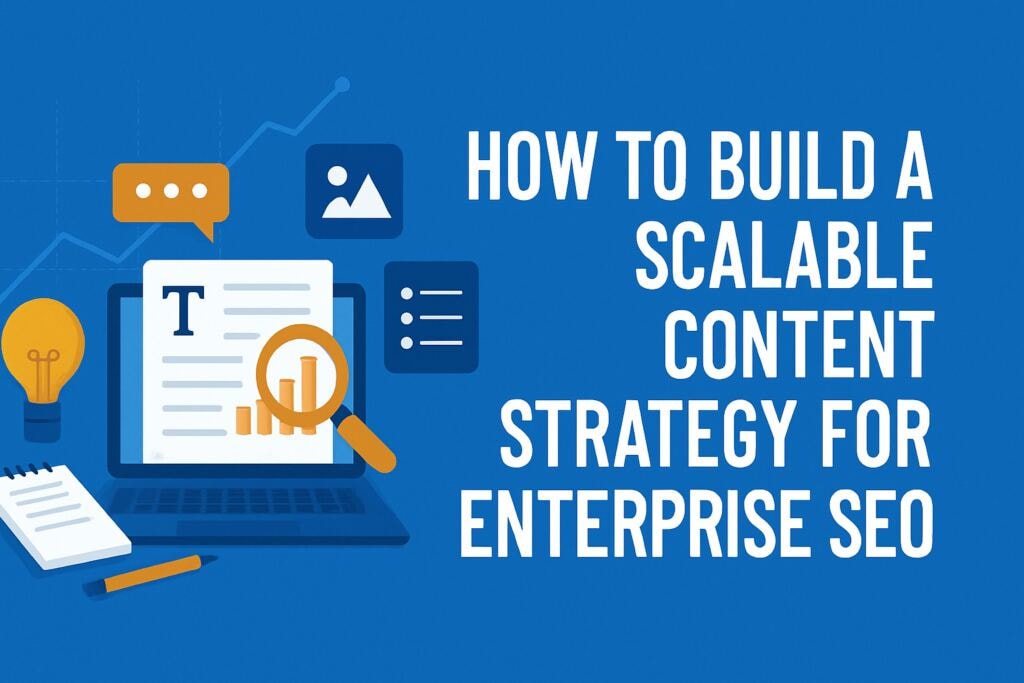
Building a scalable SEO strategy means making it work across all your pages, teams, and tools—without breaking when you grow. Most enterprise seo projects need a clear system that works with changing goals and content.
- Start by doing a full competitive analysis to see where you stand and what others are doing better.
- Define your SEO goals based on business needs, not just rankings.
- Map your site structure, and decide what needs to scale—content, links, or technical work.
Good seo processes should support content updates, keyword changes, and new product launches without delays.
- Use structured data and templates for large sites or enterprise level websites.
- Pick tools that work for large teams and handle multiple users and locations.
- Set guidelines that every team can follow—this avoids confusion and missed steps.
Scalability also depends on how you track and improve. A winning enterprise seo strategy includes systems for feedback and updates.
- Build workflows with clear roles—content, tech, outreach.
- Use dashboards and reports to monitor performance and spot issues.
- Keep a loop between SEO and product or dev teams.
Lastly, keep testing. A scalable plan doesn’t mean a static one. As your enterprise search engine optimization grows, update what doesn’t work and double down on what does.
Why Local SEO Still Matters for Enterprise Companies

Many think enterprise companies don’t need local seo—but that’s not true. If your brand has stores, branches, or services in different places, local SEO helps each one get found.
- Each store or service page can rank better with proper google business profile setup.
- Local results often show up higher than global ones in search engine results.
- It helps capture nearby searches like “best service near me.”
This matters for trust too. People prefer local results because they feel closer and more relevant.
- Local SEO builds reviews, photos, and location trust signals.
- It drives foot traffic, not just clicks.
- Even if your business is global, your customers are local.
It also supports broader marketing efforts. A local boost helps your brand appear in voice searches, maps, and mobile results.
- It’s easier to rank locally for tough keywords than on global pages.
- You can test updates and changes in small markets before scaling.
- Local wins add up to big national impact over time.
That’s why enterprise seo important strategies include local too. It’s not just a small business game—it’s a smart enterprise move. external agencies
7 Steps to Track and Measure SEO Success at the Enterprise Level

Measuring SEO at enterprise scale is not about surface metrics. You need a clear system that ties SEO results to business outcomes and keeps improving across thousands of pages.
1. Define Clear SEO Goals Aligned with Business Outcomes
You can’t measure what you don’t define.
- Decide which organic traffic or conversions you need to impact.
- Tie SEO outcomes to core business objectives like leads, sales, or retention.
- Use competitive analysis to set benchmarks and targets.
This ensures your SEO is not just an isolated task but part of company growth.
2. Set Up Proper Technical and Event Tracking
Without proper data collection, you’ll miss insights.
- Track page views, clicks, scroll depth, and user events.
- Use tools like Google Analytics and logging to capture behavior.
- Monitor technical SEO signals like site speed, crawl errors, and indexing status.
Reliable data is the foundation for any enterprise SEO project.
3. Monitor Keyword and SERP Performance at Scale
Checking a few keywords is not enough for large sites.
- Track thousands of keywords across regions, devices, and domains.
- Note when pages lose ranking, gain featured snippets, or drop off SERPs.
- Use tools that alert you to major movements in search engine rankings.
This shows how your SEO performs in different areas of the business.
4. Track Content Impact Across the Funnel
Good content should lead visitors from interest to action.
- Monitor engagement metrics: time on page, scroll, bounce rate.
- See which content leads to leads or conversions.
- Connect between awareness content, blog posts, and product pages through internal links.
This ensures your content marketing is not separate from your SEO strategy.
5. Analyze Backlink Growth and Link Quality
Links are a major factor in search authority.
- Track new referring domains, link growth rate, and link quality.
- Identify which backlinks are helping your search engine optimization goals.
- Remove or disavow spammy links to protect trust.
Strong backlinks help you climb SERPs more reliably.
6. Segment Local SEO and Global Performance
Enterprise brands often operate globally and locally.
- Track how your local landing pages perform in local markets.
- Monitor global pages separately to avoid data mixing.
- Use google business profile data where applicable for local visibility.
Segmented measurement gives clarity across all your markets.
7. Create Custom SEO Dashboards for Stakeholders
Your data needs to speak to decision makers.
- Build dashboards that show SEO results in business terms, not just logs.
- Include key metrics like revenue from SEO, visibility, and content ROI.
- Use those dashboards in reviews to align digital marketing efforts across teams.
With clear dashboards, everyone sees SEO’s role in growth—not just technical work.
Conclusion
If you’ve read this far, you’re not just browsing—you’re clearly serious about scaling your brand’s visibility the right way.
Now the real step begins: turning all this insight into action. Whether you’re working with complex websites, aiming to break into competitive markets, or just tired of SEO strategies that don't scale, the right move forward isn’t about doing more—it’s about doing smarter.
Don’t wait until your competitors outrank you everywhere that matters. Start shortlisting. Start reaching out. Start building an SEO foundation that grows as fast as your business does.
You’re not looking for “more traffic.” You’re chasing meaningful growth. Make your next decision count.
Elevate your enterprise SEO + sales stack: Alore brings automation without losing the human touch

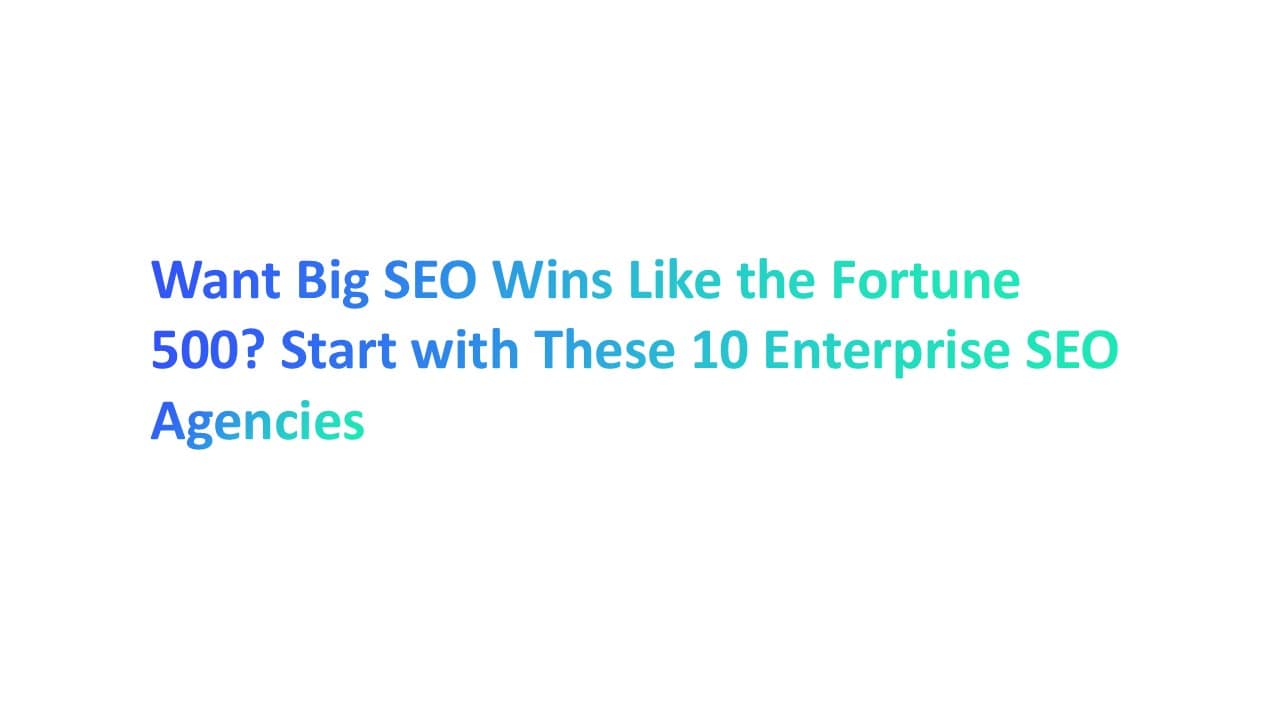



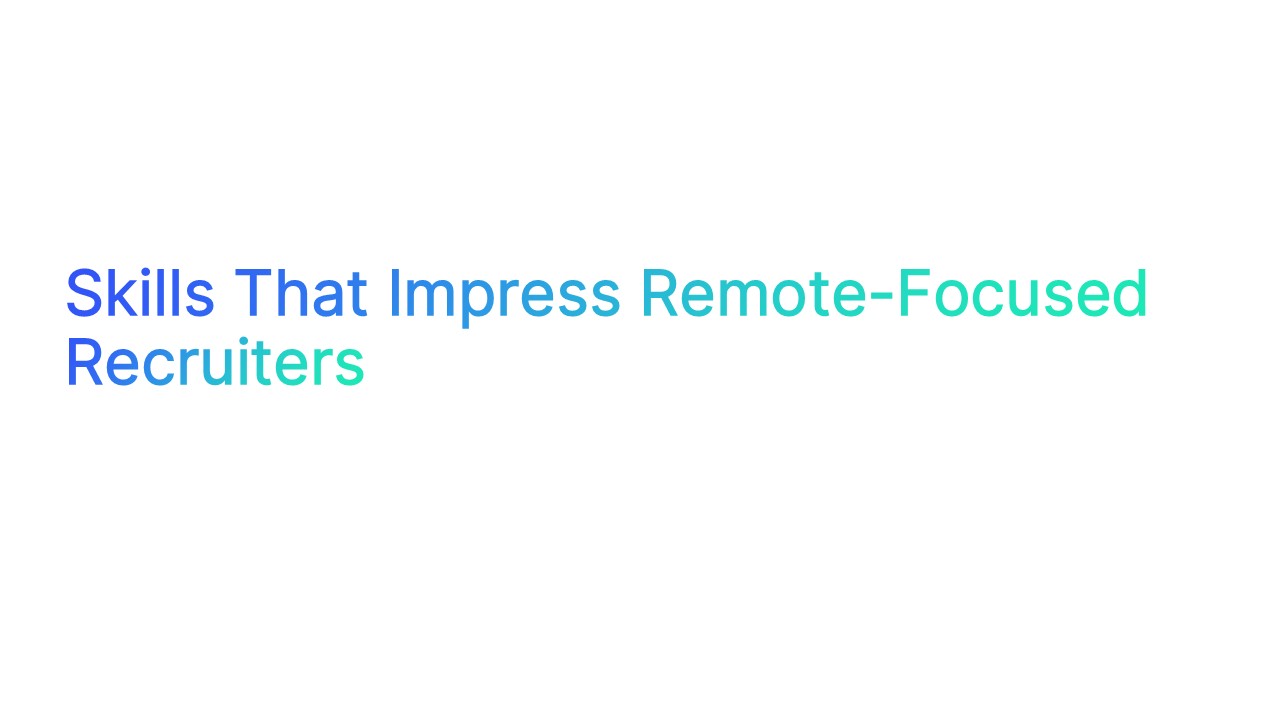
.webp)
